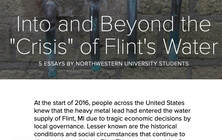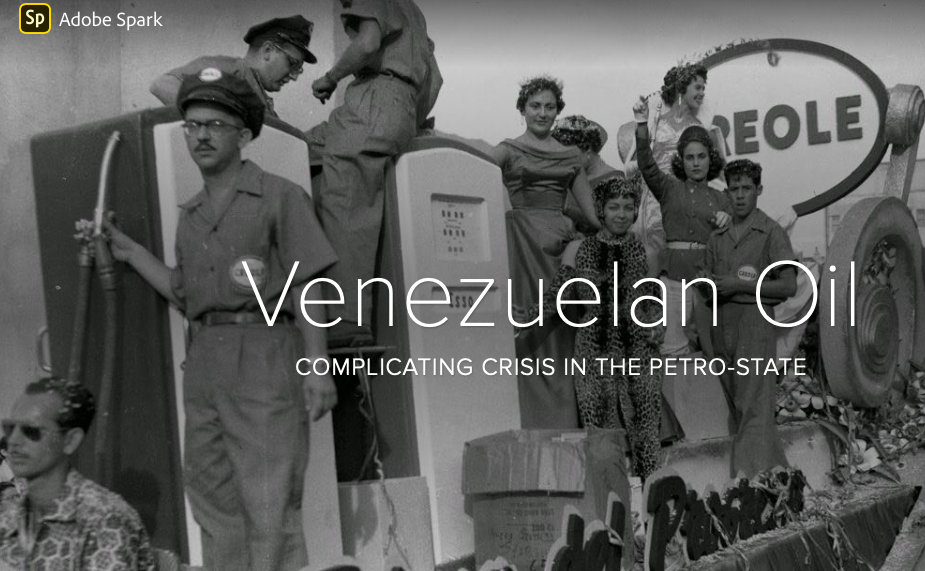
I teach courses at the University of Arizona on Health, Environment, and Latin America and the Caribbean. In addition to a proseminar for MA students in Latin American Studies, I teach the undergraduate courses: Health, Harm, and Healing in Latin America (LAS/ANT 306); Political Ecology (ANT/POL 424); and Toxic States and the Politics of Health. For graduate students, I have led seminars on Environmental & Conflict in Latin America and Medical Anthropology, and will offer a new course in the fall on Ethnography for the Anthropocene.
Previously, at the University of Chicago, Northwestern University, and UC Davis, I taught courses on Latin American extractivisms, social movements, race, gender, and indigeneity, decolonial theory, science and technology studies, globalization, and the life politics of the Catholic Church.
Multimedia Products
In my classes, I want students to imagine their ideas traveling beyond the classroom. To that end, many of my classes ask students to create collaborative digital projects that distill research and course concepts into accessible public platforms. For the final project of my spring 2016 seminar on Toxicity, Politics, and Slow Violence at Northwestern University, students collaboratively researched the conditions of emergence and subsequent effects of the water crisis in Flint, MI. Together, they supported each other’s individual research and designed a digital platform to disseminate their final product. You can learn about their process and view the outcome on Adobe's Spark platform here.
I am currently using this type of final project for my upper-division courses on Political Ecology and Health, Healing, and Harm in Latin America. For another example, see the excellent compilation of essays on Venezuelan Oil written by University of Chicago students in 2018 here.
Previously, at the University of Chicago, Northwestern University, and UC Davis, I taught courses on Latin American extractivisms, social movements, race, gender, and indigeneity, decolonial theory, science and technology studies, globalization, and the life politics of the Catholic Church.
Multimedia Products
In my classes, I want students to imagine their ideas traveling beyond the classroom. To that end, many of my classes ask students to create collaborative digital projects that distill research and course concepts into accessible public platforms. For the final project of my spring 2016 seminar on Toxicity, Politics, and Slow Violence at Northwestern University, students collaboratively researched the conditions of emergence and subsequent effects of the water crisis in Flint, MI. Together, they supported each other’s individual research and designed a digital platform to disseminate their final product. You can learn about their process and view the outcome on Adobe's Spark platform here.
I am currently using this type of final project for my upper-division courses on Political Ecology and Health, Healing, and Harm in Latin America. For another example, see the excellent compilation of essays on Venezuelan Oil written by University of Chicago students in 2018 here.
